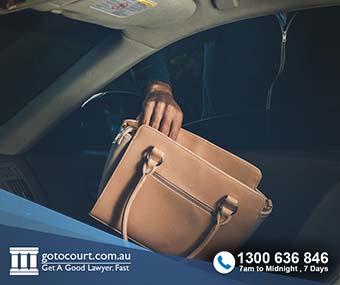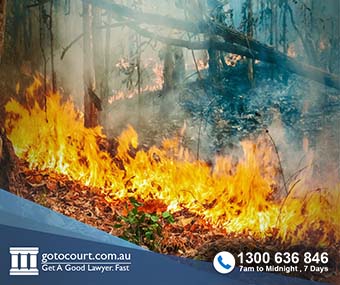Sex Work and the Law (NSW)
Sex Work and the Law (NSW)
New South Wales was the first place in the world to decriminalise adult sex work. It has the most liberal laws around sex work in Australia. The process of decriminalisation began in NSW in 1979, when criminal offences relating to street-based sex work were repealed. In 1995 most aspects of sex work were decriminalised. However, some criminal offences relating to sex work still exist in the Summary Offences Act and in the Crimes Act 1900.
History
Sex work was first criminalised in NSW under the Vagrancy Act, which allowed a woman to be arrested as a ‘common prostitute’ for engaging in street-based sex work. During the 1970s, public pressure mounted for prostitution to be decriminalised.
In 1979 the Prostitution Act was passed, making sex work legal. The act was subsequently amended in 1983, following calls for the industry to be regulated. The new legislation made it an offence to solicit in certain areas.
What is legal?
In NSW, it is legal for a person who is over 18 to provide sexual services to a person who is over the age of consent.
Street-based sex work is legal provided it does not occur in view of school, church, hospital or dwelling.
Sexual service premises (brothels) operate lawfully in NSW and are regulated by local councils like other businesses.
Remaining offences
The Summary Offences Act 1988 still contains a number of offences relating to sex work, which are listed below.
- It is an offence for an adult to live on the earnings of the sex work of another person. This offence carries a maximum penalty of 12 months imprisonment (Section 15).
- It is an offence to cause or induce another person to do prostitution (Section 15A).
- It is an offence to advertise prostitutes or premises used for prostitution.
- It is an offence to allow premises used for massage, sauna baths, steam baths, physical exercise or as a photography studio to be used for sex work. This offence carries a maximum penalty of imprisonment for 12 months (Section 17).
- It is an offence to solicit or take part in an act of prostitution within view of a school hospital, church or dwelling (Section 20).
- It is an offence to permit a minor to enter a brothel (Section 21D).
The Crimes Act contains a number of offences relating to child prostitution. These are:
- Inducing a child to engage in sex work or participating as a client in an act of prostitution with a child (Section 91D). This offence carries a maximum penalty of imprisonment for 10 years, or if the child is aged under 14, for 14 years.
- Receiving money or a material benefit knowing it is derived from child prostitution (Section 91E). This offence carries a maximum penalty of imprisonment for 10 years, or if the child is aged under 14, for 14 years.
- Exercising lawful control over premises where a child participates in sex work (Section 91F). This includes being the owner, lessee licensee or occupier of the premises. A person is only guilty of this offence if they knew about the act of prostitution.
Brothel Closure Orders
In 2007, the Brothels Legislation Amendment Act was passed. This act gives local councils in NSW the power to issue a Brothel Closure Order in respect of a brother that is unauthorised or where there has been a complaint about the operation of the brothel. A Brothel Closure Order can only be used to shut down premises where there is more than one sex worker.
Local councils may issue a Brothel Closure Order if one or more complaints are made about a brothel by a person who works or uses facilities in the area.
A Brothel Closure Order can only be opposed by lodging an appeal at court after the order has been made. Failing to comply with a Brothel Closure Order and continuing to operate the brothel is an offence.
If you require legal advice or representation in a criminal law matter or in any other legal matter, please contact Go To Court Lawyers.

Affordable Lawyers
Our Go To Court Lawyers will assist you in all areas of law. We specialise in providing legal advice urgently – at the time when you need it most. If you need a lawyer right now, today, we can help you – no matter where you are in Australia.How It Works




1. You speak directly to a lawyer
When you call the Go To Court Legal Hotline, you will be connected directly to a lawyer, every time.

2. Get your legal situation assessed
We determine the best way forward in your legal matter, free of charge. If you want to go ahead and book a face-to-face appointment, we will connect you with a specialist in your local area.

3. We arrange everything as needed
If you want to go ahead and book a fact-to-face appointment, we will connect you with a specialist in your local area no matter where you are and even at very short notice.













